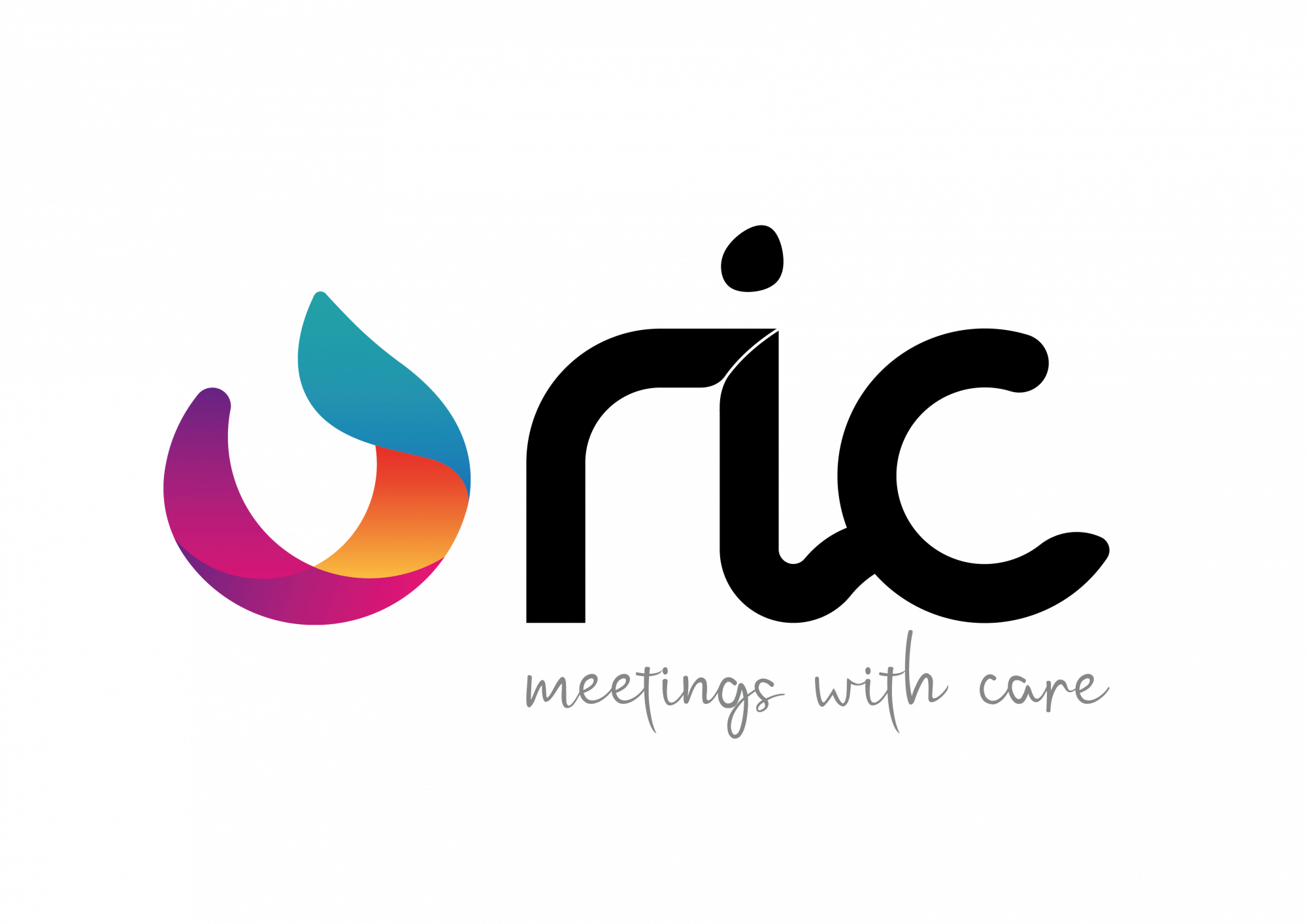CONTRIBUTIONS ARE WELCOME TO ADDRESS THE FOLLOWING THEMES:
- Child protection and child welfare services responses to domestic violence
- Children experiencing domestic violence
- Community intervention, support networks and upstander/bystander approaches
- Criminal Investigation and judicial processes
- Digital violence against women and/or children / Technology related abuse
- Domestic abuse and masculinities
- Domestic abuse within LGBQ+ &/or T relationships
- Domestic violence and disability
- Domestic violence-related homicide
- Economic/Financial abuse in the context of violence against women and domestic violence
- Female genital mutilation
- Femicide or suicide
- Forced Marriage
- Health impacts
- Health Responses
- Historical perspective on domestic violence in Europe
- Historical perspective on violence against women in Europe
- Housing and homelessness
- Legal culture. Legal Frameworks
- Men’s experiences of domestic violence and other gender-based violence
- Migrant, Refugee and Displaced Women
- Perspectives and Experiences of Risk Assessment
- Police responses
- Post separation / custody issues
- Prevalence and typologies
- Preventive actions and responses on domestic violence
- Preventive actions and responses on violence against women
- Researching domestic violence
- Researching violence against women
- Retaliation against supporters: Isolating Gender Violence
- Sex trafficking
- Sexual freedom and consent
- Sexual violence
- Shelters / Refuges responses
- Stalking
- The role of education in preventing violence against women and domestic violence
- The role of social movements in the response to violence against women and domestic violence
- Understanding domestic abuse/violence against women through an intersectional lens
- Using new technologies to analyse or respond to domestic violence
- Using new technologies to analyse or respond to violence against women
- Violence against older women
- Violence against women and disability
- Violence against women and masculinities
- Violence against women in armed conflict situations
- Violence against women in universities
- Violence and abuse in young people's intimate relationships
- Violence in migration contexts
- Violence in sporadic relationships
- Working with perpetrators of violence against women/domestic violence
- Open session
- Open session in Spanish (only for Workshops)
WORKSHOP
A workshop is a 90-minute session for the exchange of information or work on a common issue, project, policy or shared interest related to the aims of the Conference. Presentations should be brief, allowing adequate time for reflective discussion and interaction. Workshop submissions need to be sessions related to scientific evidence of the work of professionals, as well as to practical skills or interventions developed or implemented in the field. Given the use of time needed for the development of a Workshop, only a limited number will be organised.
Workshop submissions are expected to include a chair.
The person acting as Chair of the Workshop is responsible for submitting the following (all in one document):
An abstract (maximum 300 words) describing the theme of the Workshop and how it will be delivered (pedagogical methods, etc.) emphasising the interactive aspects.
The shorter abstracts for each of the papers/contributions included in the proposed Workshop (maximum 150 words per contribution with name of the author(s), title of the presentation and content).
The length should not exceed 800 words in total.
The contributions included in the Workshop proposal may be authored by an individual or by a group. In cases where there is more than one author, one person should login and register as Author 1, and then add the rest of the co-authors as Author 2, Author 3., … . If you are unable to find a suitable theme to submit your proposal, then please use the ‘Open session’ category.
One person cannot submit more than 2 contributions or as the first author of any contribution to the Conference. However, participants can be co-authors in more than 2 contributions in the Conference. In order to appear in the programme, all the co-authors of any contribution to this conference need to be registered.
The Conference will have Workshop sessions dedicated to oral presentation of papers in Spanish. If you wish to contribute to these sessions, please send your communication to the theme “open session in Spanish”.
Deadline for abstract submission is midnight on December 12th, 2024.
CLICK ON HERE TO SUBMIT YOUR PROPOSAL!
INFORMATION ABOUT CERTIFICATES


 Information about cookies
Information about cookies